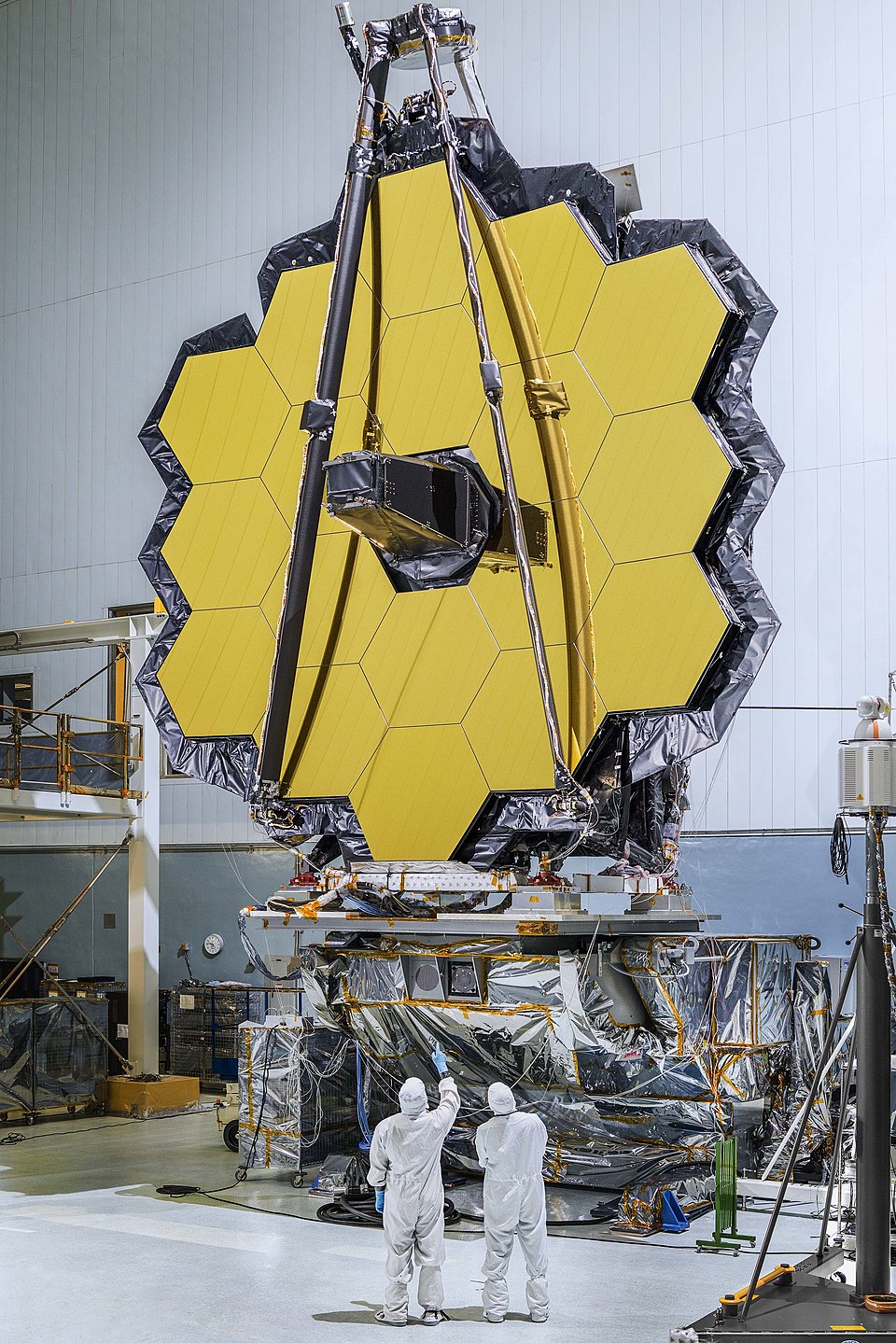University of Oxford Achieves Record for Quantum Logic Operation Accuracy

In a groundbreaking development in quantum computing, a research team at the University of Oxford has recorded the lowest error rate in a quantum logic operation, achieving a remarkable accuracy of just 0.000015%, equivalent to one error in 6.7 million operations. This significant milestone was announced on June 10, 2025, by Professor David Lucas, a leading physicist at the university, who emphasized the importance of this achievement for the future of practical quantum computers capable of solving complex real-world problems.
The implications of this research are profound, as quantum computers require millions of operations across multiple qubits to perform meaningful calculations. A high error rate can render the results meaningless, necessitating error correction methods that typically require additional qubits, thereby increasing the cost and complexity of these systems. According to Molly Smith, a graduate student at the University of Oxford and co-author of the study, reducing the error rate significantly lessens the infrastructure required for error correction, paving the way for more compact, efficient, and faster quantum computers.
The unprecedented accuracy was achieved by utilizing a trapped calcium ion as the qubit. Calcium ions are known for their long lifetimes and robustness, making them ideal candidates for storing quantum information. Unlike traditional methods that rely on lasers for control, this research employed electronic (microwave) signals to manipulate the quantum state of the calcium ions. This innovative approach offers enhanced stability and is more cost-effective and easier to integrate into ion trapping chips.
Moreover, the experiment's successful execution at room temperature without the need for magnetic shielding marks a significant simplification of the technical requirements necessary for operational quantum computers. However, the authors of the study caution that while this record represents a crucial advancement, the journey toward fully functional quantum systems is far from over. Current two-qubit gates still exhibit error rates around 1 in 2,000, highlighting the need for further improvements in this area to achieve fully fault-tolerant quantum machines.
The findings of this research were published in the prestigious journal Physical Review Letters, underscoring the academic rigor and significance of the work. As the field of quantum computing progresses, this achievement stands as a testament to the potential for innovation in technology that could revolutionize computing and numerous other applications, including quantum sensing and precise timekeeping.
In summary, the University of Oxford's achievement in qubit operation accuracy represents a pivotal step toward realizing practical quantum computing technologies. As researchers continue to refine these techniques, the future of quantum computing appears increasingly promising, with the potential to address some of the most complex challenges faced by modern society.
Advertisement
Tags
Advertisement





